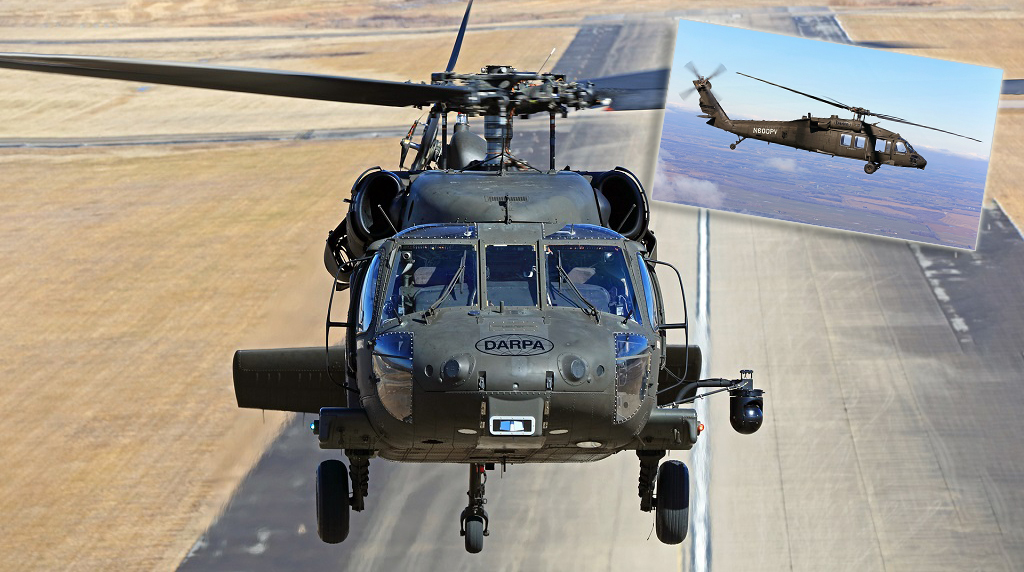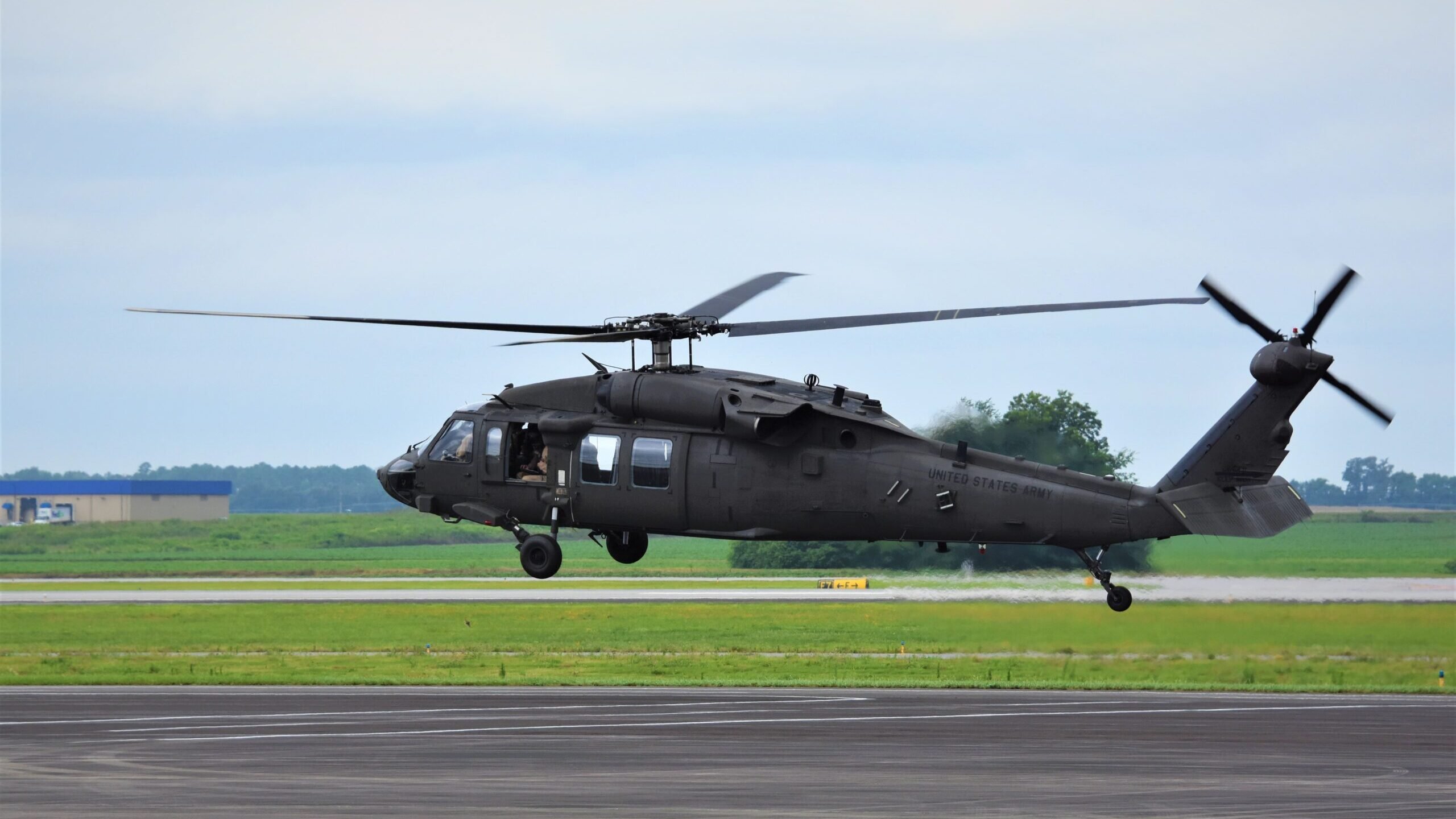The Influence of Sustainable Practices on the Future of Aircraft Operations and Emissions Decrease
As the aeronautics industry encounters raising scrutiny over its environmental effect, the fostering of lasting methods emerges as a critical path toward future aircraft procedures and exhausts decrease. Technologies in lasting air travel fuels and developments in crossbreed propulsion technologies stand at the forefront of this makeover, promising significant decreases in greenhouse gas exhausts.

Overview of Lasting Practices
Sustainable methods in aircraft procedures incorporate a range of techniques aimed at lowering ecological effect while preserving operational performance. These practices are vital in the aviation market's commitment to minimizing its carbon impact and sticking to global ecological standards. Secret campaigns consist of enhancing flight paths to decrease gas usage, boosting upkeep protocols to ensure aircraft operate at peak effectiveness, and applying advanced modern technologies such as winglets and lightweight materials that boost the rules of aerodynamics.

Educating and involving team on sustainability techniques also play an important duty, fostering a culture of environmental obligation within companies. Overall, the integration of these lasting methods not just helps in reducing exhausts however also enhances the lasting stability of the aeronautics industry, ensuring it meets the demands of both consumers and regulatory bodies while contributing to global sustainability objectives.
Innovative Fuel Alternatives
Various ingenious gas choices are becoming pivotal solutions to minimize the aviation sector's dependence on standard fossil gas. Among these alternatives, Sustainable Aviation Fuels (SAFs) have actually gained significant focus as a result of their potential to decrease lifecycle greenhouse gas exhausts by up to 80% compared to conventional jet gas. SAFs are derived from various feedstocks, consisting of waste oils, agricultural residues, and even algae, making them a functional option for the sector.
An additional promising option is hydrogen fuel, which, when utilized in gas cells, creates only water vapor as a by-product. Furthermore, electric propulsion systems are being discovered, leveraging battery technology to power aircraft.
Finally, biofuels acquired from biomass are being explored, providing an eco-friendly choice that can be blended with standard gas. Jointly, these ingenious gas options represent a critical step towards accomplishing a lasting air travel ecological community, aligning with worldwide emissions decrease targets and improving the industry's environmental stewardship.
Technical Advancements in Air Travel

Exactly how can technical advancements improve the future of air travel? The assimilation of advanced modern technologies is essential in changing airplane procedures, enhancing efficiency, and lowering emissions. Advancements such as hybrid and electric propulsion systems are at the forefront, appealing substantial reductions in gas usage and greenhouse gas discharges. These systems leverage improvements in battery technology and power administration, allowing airplane to run with a lower ecological footprint.
In addition, the implementation of innovative products, such as light-weight composites, contributes to improved the rules of aerodynamics and gas performance. read this The usage of artificial intelligence and artificial intelligence in trip procedures enhances route preparation and minimizes fuel shed by making it possible for real-time adjustments based on climate and web traffic conditions. In addition, the growth of independent and from another location piloted airplane systems stands to transform cargo and guest transportation, possibly enhancing effectiveness while decreasing human mistake.
Moreover, sustainable aviation innovations, consisting of advanced air traffic management systems, can lower and improve procedures congestion, causing lower exhausts throughout trip. These developments jointly represent a standard change in aviation, assuring a future where sustainability and operational effectiveness are linked, consequently supporting the sector's commitment to lowering its environmental influence.

Regulative Framework and Compliance
In light of the growing emphasis on environmental stewardship within the aviation industry, the governing structure regulating aircraft procedures is developing to promote sustainable techniques. Regulatory bodies, such as the International Civil Air Travel Organization (ICAO) and various nationwide air travel authorities, are presenting rigid guidelines targeted at minimizing emissions and boosting operational performance.
These guidelines often include the adoption of Sustainable Aviation Gas (SAF), which has been identified as a crucial component index in achieving lower carbon footprints. Compliance with these guidelines calls for airlines to carry out operational methods and sophisticated modern technologies, such as maximized flight paths and improved air web traffic management, to lessen fuel consumption.
Furthermore, the enforcement of discharges trading systems and carbon countering efforts is ending up being increasingly prevalent, compelling airlines to check and report their exhausts accurately. Non-compliance can cause substantial fines, therefore pushing operators to prioritize sustainability in their service versions.
Inevitably, the evolving governing landscape not only drives technology and investment in green innovations yet additionally promotes a society of liability within the air travel industry. As these structures proceed to develop, the concentrate on lasting methods will certainly be essential to achieving the market's long-term ecological objectives.
Future Trends in Airplane Workflow
As the aeronautics industry adapts to a progressively stringent governing environment, future patterns in airplane operations are set to concentrate on innovative solutions that further improve sustainability and effectiveness - uh 60. Key advancements will likely consist of the adoption of advanced air traffic administration systems, which make use of real-time information and artificial intelligence to enhance flight courses, reducing fuel consumption and emissions
One more considerable try this fad is the increased combination of lasting aeronautics gas (SAFs) These alternatives to traditional jet fuel, stemmed from sustainable sources, can dramatically decrease lifecycle greenhouse gas discharges. The industry's dedication to SAFs will likely speed up as airlines collaborate with gas producers to ensure schedule and cost-effectiveness.
In addition, the press in the direction of electrification and hybrid propulsion systems is acquiring momentum. Arising aircraft designs will incorporate these modern technologies, using quieter and extra reliable operations, specifically for short-haul flights.
Verdict
The adoption of sustainable aviation gas, coupled with advancements in hybrid and electrical propulsion systems, is important for lessening lifecycle greenhouse gas exhausts. Maximizing trip courses and welcoming innovative modern technologies add to a quieter and extra eco friendly aeronautics field.
Developments in lasting aviation fuels and improvements in hybrid propulsion innovations stand at the leading edge of this change, appealing significant reductions in greenhouse gas emissions.Various innovative gas options are emerging as crucial services to decrease the aviation sector's reliance on conventional fossil fuels - uh 60. Among these alternatives, Lasting Aviation Gas (SAFs) have gained significant interest due to their potential to lower lifecycle greenhouse gas discharges by up to 80% contrasted to conventional jet fuels.An additional significant pattern is the boosted assimilation of sustainable aviation gas (SAFs) The adoption of sustainable air travel fuels, coupled with developments in electric and hybrid propulsion systems, is vital for lessening lifecycle greenhouse gas emissions